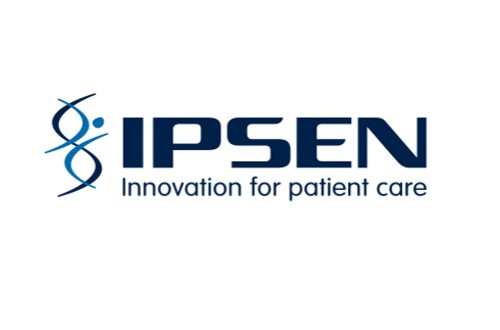
Ipsen took two steps forward in its efforts into neurology with the purchase of research partner Syntaxin and an agreement with Harvard Medical School in the US.
The French pharma company is set to pay up to €158m for UK life sciences firm Syntaxin, including an upfront payment of €28m.
The two companies have already worked extensively together since 2010 on the discovery and development of recombinant botulinum toxins for neurological disorders, and the acquisition confirms Ipsen’s confidence in the potential of the partners’ work.
Current botulinum toxins include Ipsen’s Dysport and Allergan’s Botox, both of which have achieved success in cosmetic and medical procedures, but Ipsen is looking to develop the next generation of these products with the Syntaxin deal.
This includes Syntaxin’s lead product candidate, senrebotase (AGN 214868) which is in phase II trials for several conditions, including post-herpetic neuralgia, idiopathic overactive bladder and urinary incontinence.
Senrebotase is currently in development through collaboration with Allergan and the partnership is set to remain in place following the acquisition, an Ipsen spokesperson told PMLiVE.
The drug, like Syntaxin’s other investigational compounds, is a targeted secretion inhibitor (TSI). These compounds are developed to selectively deliver a large group of enzymes known as an endopeptidase into defined target cells in order to break internal bonds of a molecule and to specifically inhibit secretion from that cell.
“This is an important step in our ambition to become a global leader in targeted debilitating diseases,” said Marc de Garidel, chairman and CEO of Ipsen.
“The acquisition of Syntaxin is a considerable addition to our neurology franchise and is fully aligned with our strategy of focus.”
Integration of the two companies is expected to be concluded by the end of the year, while Syntaxin’s co-founders Dr Keith Foster and Dr John Chaddock will both join the senior team at Ipsen to support the growth of a platform for the development of toxins.
Research agreement with Harvard Medical School
Ipsen also boosted its neurological research capabilities by signing an agreement with Harvard Medical School in the US to research botulinum toxins for the treatment of serious neurologic diseases.
Ipsen will fund Harvard research for at least three years and will utilise Harvard’s discovery platform and expertise in the engineering of botulinum toxins.
On top of this, Ipsen will be responsible for the development and marketing of the new toxins and will make associated upfront, milestones and royalty payments to Harvard.
In return, Ipsen will gain exclusive worldwide rights on any candidate recombinant toxin stemming from the collaboration.




